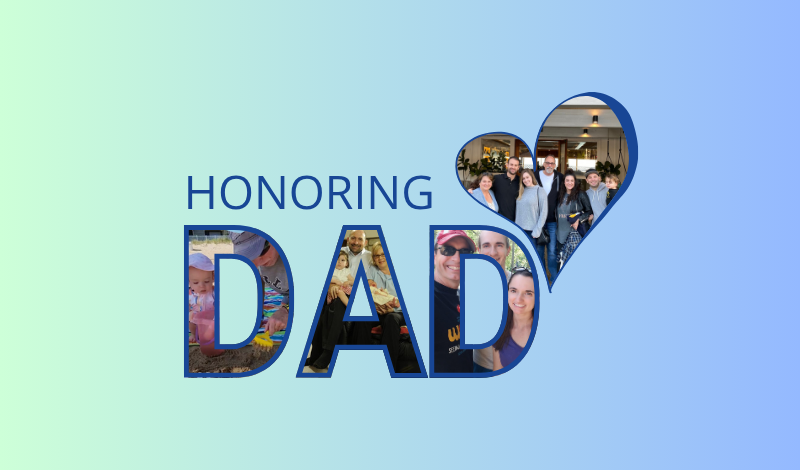Shortly after his diagnosis, when Frank’s car broke down, his sons surprised him with a new one. “It was apparently something that they had always talked about doing. They never mentioned it to me, but I guess they had talked among themselves to do. So when this opportunity came up and it was definitely a need with the appointments and different things that I was going to have coming up, they got together and did that,” he recalls.
The journey transformed how Frank views every family gathering. “You don’t take the holidays for granted. You don’t take a Father’s Day or a Mother’s Day for granted. You think more about what the meaning of those things are because you’re grateful to be, you know, be alive, to experience them, but also to have your family,” he shares.
Frank’s advocacy work has become a family affair. His daughter designs fundraiser shirts, his wife contributes through painting auctions, and his sons promote events and initiatives. “My daughter came up with a design for shirts that I have for my fundraiser, shirts and hats. She came up with the original design and the next year she came up with another design. My wife is a painter. She loves to paint. And she, at my last fundraiser, she did some paintings and auctioned the paintings off, and all of the proceeds for that went to lung cancer research,” Frank explains. With this collaborative approach, Frank’s family channels their experience into meaningful action.
Recognizing that men often struggle to seek help during health crises, Frank uses music as his personal coping mechanism to combat depression and maintain positivity. His message to fellow fathers is direct: “You need to be conscious of that. But you’re not alone. You’re not weak if you ask for help and you’re not weak if you seek out help. Thankfully, I think there’s a lot of good organizations like LCFA that give that information that you can trust and have enough stories.”
Frank’s powerful advocacy centers on early detection and breaking stigma:
“I know a lot of guys are hesitant to ask for help or assistance. I know I was. When I was diagnosed, I had a nurse navigator who reached out a couple of times and I never said I needed anything because I didn’t know what I wanted. I think it’s important to be involved in support groups.”


